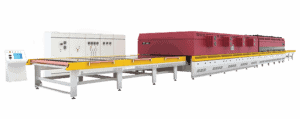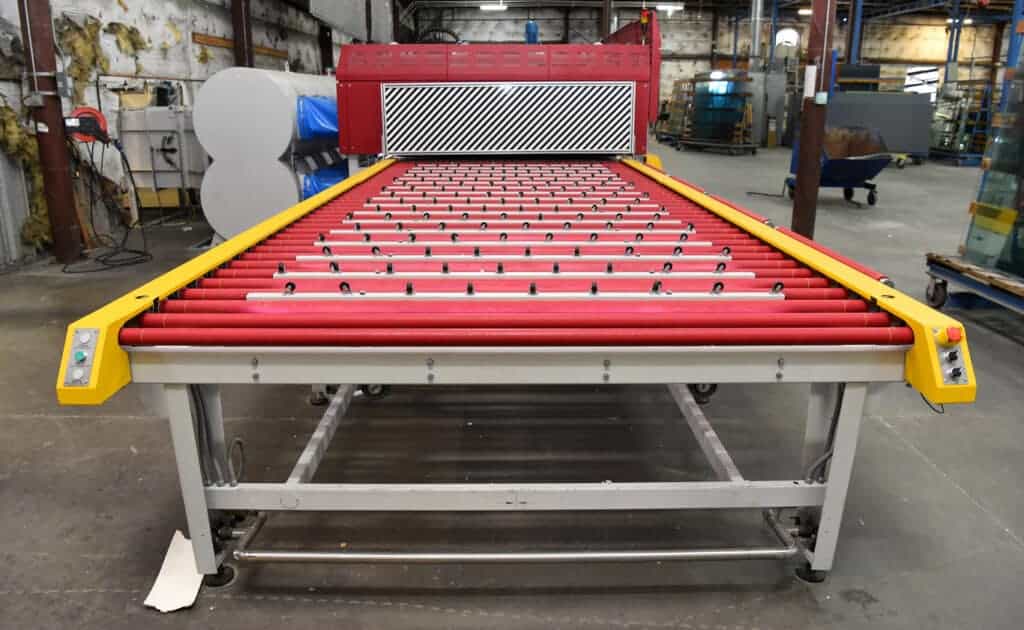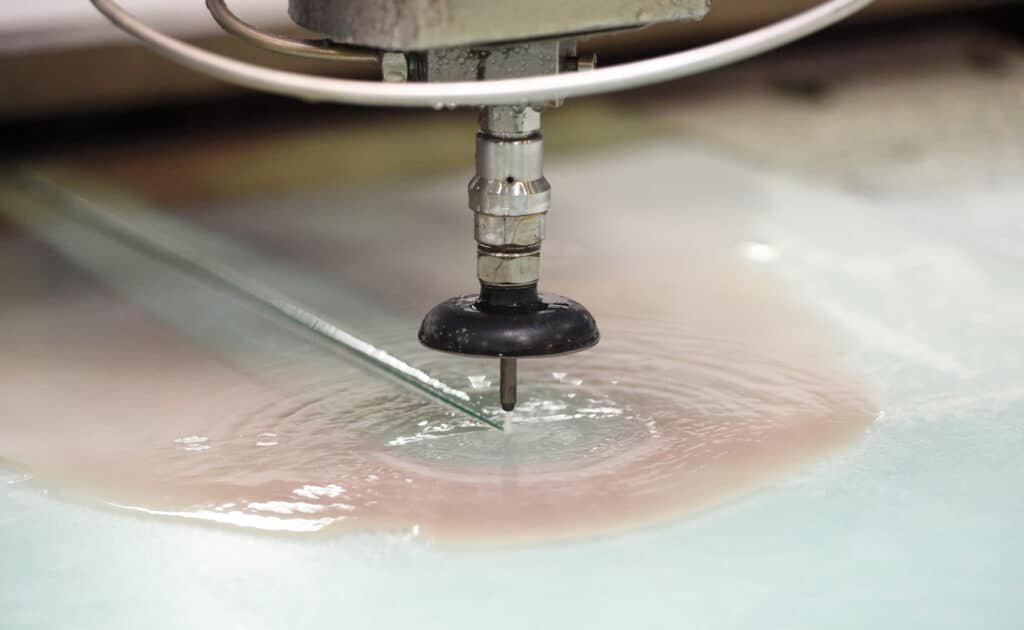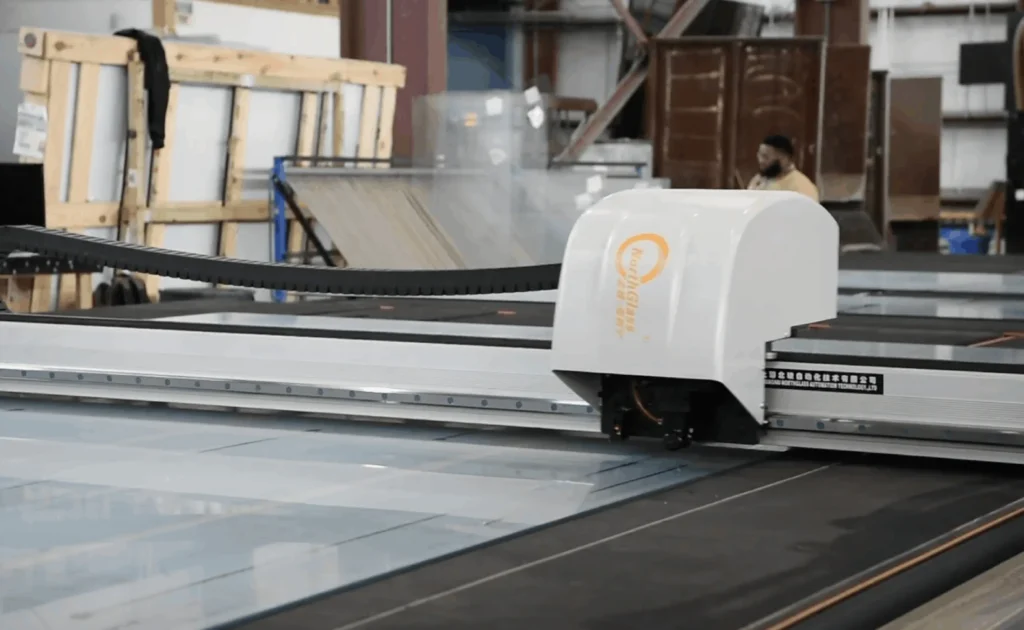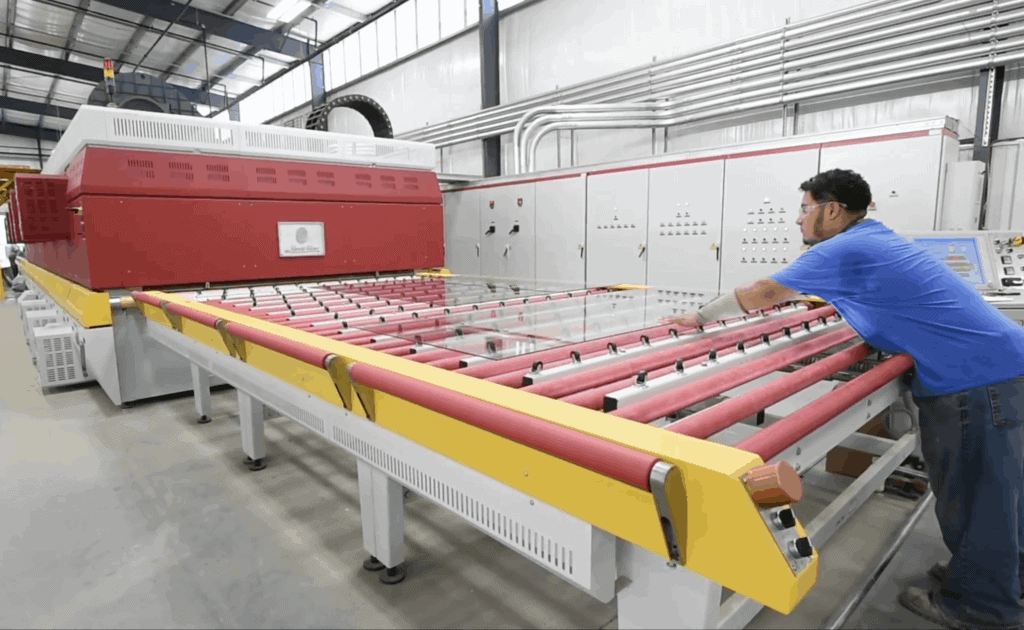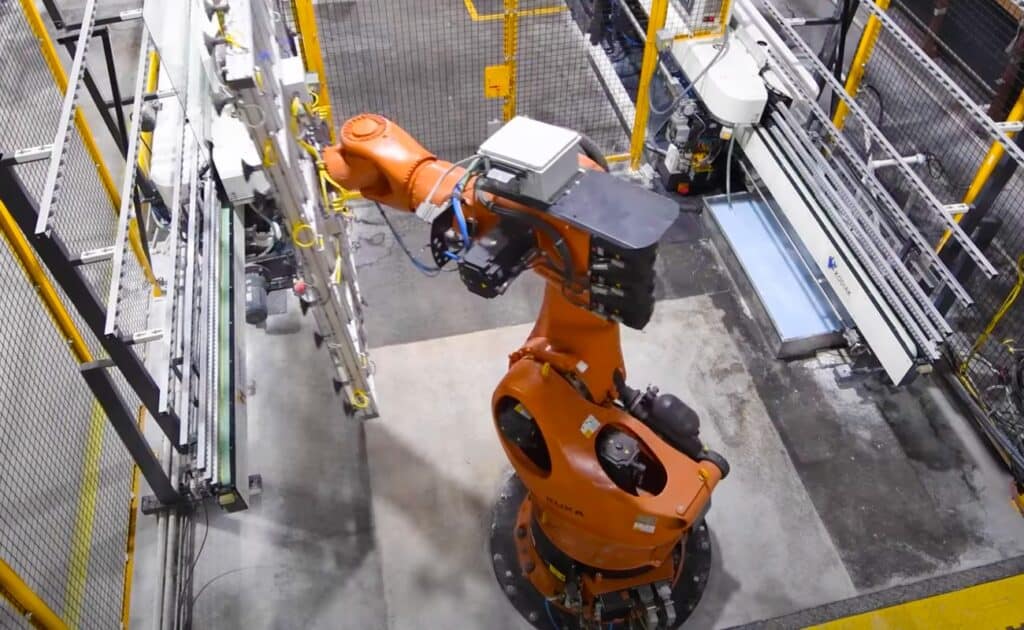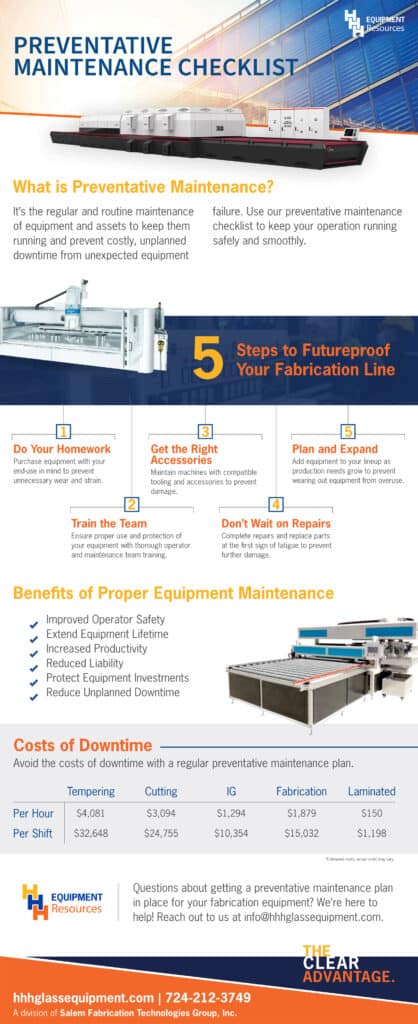How Does Glass Automation Level Up Fabricator Lineups?
Achieving greater efficiency is always at the forefront for glass fabrication companies. In the past several years, automating machines and processes rose in popularity as an effective way to reduce costs and maximize productivity. The importance rose even more during and after COVID-19 as complicated workforce and supply change challenges mounted.
It’s safe to say glass automation is now a mainstay in the industry for its clear benefits. Adopting automation for your lineup requires several considerations, including an evaluation of your facility’s specific needs, the value automation can provide your facility and how automated equipment relates to the rest of your operation.
To identify where glass automation can make the most impact, consider:
- What are your facility’s biggest challenges?
- What does your operation’s labor force look like?
- Which areas of your facility are least productive?
How Can Glass Automation Help Fabricators Meet Growing Demand?
Automated equipment can deliver results quicker with less personnel—allowing fabricators to more easily meet ever-evolving market demands. By reducing or eliminating the need for operators, automated equipment takes away variables like labor shortages, injuries, training time or slow production that can affect turnaround times. Less downtime means more uptime to produce results for customers, ultimately bolstering your company’s revenue and reputation.
The initial investment in glass automation can seem hefty, especially for smaller fabricators. Automated options cost more than traditional, manual machines without advanced technology. Many fabricators are finding it worthwhile to invest more money upfront in high-quality products to avoid unexpected costs down the line, like defects, delays or accidents that affect customers. Plus, the machines can optimize the operations process, making production more efficient.
How Does Automation Affect the Bottom Line?
Glass automation positively affects a facility’s bottom line, allowing fabricators to better deliver in-demand products for existing and new customers. Meeting customer needs is a critical component of a fabricator’s continued operations. Round-the-clock, reliable performance from equipment allows fabricators to confidently take on new orders.
With glass automated products and processes, fabricators can eliminate some of the risks associated with labor shortages and human operators. Less risk allows fabricators to better plan and forecast with ease, avoiding variables that can throw a wrench in a company’s quarterly or yearly goals.
Additionally, fabricators can shift focus from simple mechanics to more skilled needs. Time otherwise spent on manual setup and operation can now be spent optimizing process and products to deliver impressive results and service. By taking on manual work and refining your lineup, automation fixes many short-term problems that lead to long-term success.
Which Fabricators Could Benefit from Automation?
Automation can benefit nearly any fabrication operation. Oftentimes, larger companies have readily-available funds to make the initial investment in automated equipment, which can be expensive. It may be harder for small companies to cover the cost of glass automated products. However, investing in these products often proves most useful to smaller fabricators who are determined to survive amid uncertain economic conditions.
Fabricators who embrace automation must also embrace the necessary changes that accompany automated equipment, such as new process, job duties and hierarchies. Facilities tied to tradition may have a difficult time adjusting to automation—but it is worthwhile to push forward with conversations about the benefits of new technology.
Glass automation can support fabricators who are eager to expand their business with additional capabilities, larger or additional facilities and better results. Investing in automated solutions for laminating, insulating, tempering and other services is much simpler than traditional machinery, requiring less labor, training costs and overall risks.
One of the biggest risks to glass fabricators is often poor quality—heat stains, breakage, warping and other imperfections. Automated machinery can revitalize a fabricator’s product quality with less human error and fine-tuned processes. Improved results can boost a fabricator’s reputation over time, setting the stage for future growth.
How Are Glass Industry Workers Affected by Automation and Glass Robots?
The role of glass operators is changing, but not going away entirely. Glass fabricators are transitioning operators into more specialized roles that better serve customer and employee interests. For example, operators have historically served in roles that were unsafe, physically demanding and monotonous. Automation leaves those positions to machines, allowing human workers to utilize their knowledge in other capacities.
Many times, workers appreciate shifting to high-skill roles that prove more mentally stimulating and valuable work to their company. Automated glass handling robots and glass lifting robots can take on the low-skill, high-risk duties that were previously filled by human operators. For example, robotic arms can transfer large glass panels from machine to machine.
Automated systems for laminating, insulating, storage and other processes can also upgrade production efficiency and results. In today’s glass industry, suppliers are constantly innovating to provide automated solutions and upgraded technology for every step in the fabrication process.
Do Glass Automated Products Require Additional Support?
Installing glass automated products isn’t a one-step process. Software is an integral next step that allows the machines to function properly, integrate with other systems or follow company-specific processes. Software feeds the machines proper data and sequence to fulfill its full capabilities. Implementing software is a way to easily access information and controls that can make automation even more valuable to lineups. Automation through software provides the best overall optimization for fabricators’ facilities.
Fabricators who utilize automation should consider partnering with suppliers who offer support services. Since glass automation is new to many in the industry, many companies benefit from additional help to learn how to best leverage the new technology’s features. HHH Equipment Resources offers 24/7, U.S.-based support from expert technicians to help with the transition.
Contact Us for Custom Glass Automation Recommendations
Connect with HHH Equipment Resources to learn more about our glass automation options for your lineup. From products like our laminated glass production line, insulated glass production line and more, HHH has the equipment and support your facility needs.
